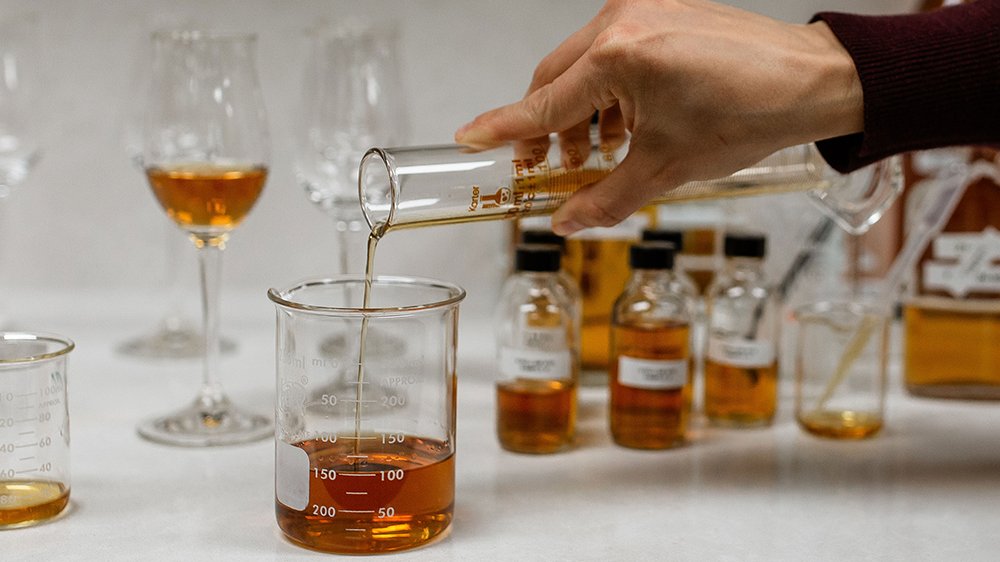The cover story of our March/April 2022 issue features brandy, and for this episode, we wrap up our coverage of the spirit with Nicolas Palazzi. Born in Bordeaux and now living in Brooklyn, Palazzi is the founder of PM Spirits, an importer and distributor of specialty spirits, including Cognac, Armagnac, and Calvados. For this episode, we talk with Palazzi about his search for memorable barrels of brandy, what he looks for in great brandies, and his work to bring these spirits to an American audience.
Radio Imbibe is the audio home of Imbibe magazine. In each episode, we dive into liquid culture, exploring the people, places, and flavors of the drinkscape through conversations about cocktails, coffee, beer, spirits, and wine. Keep up with us on Instagram, Twitter, and Facebook. And if you’re not already a subscriber, we’d love to have you join us—click here to subscribe.
https://imbibemagazine.com/podcast/radio-imbibe-episode-46-nicolas-palazzi-pm-spirits/



